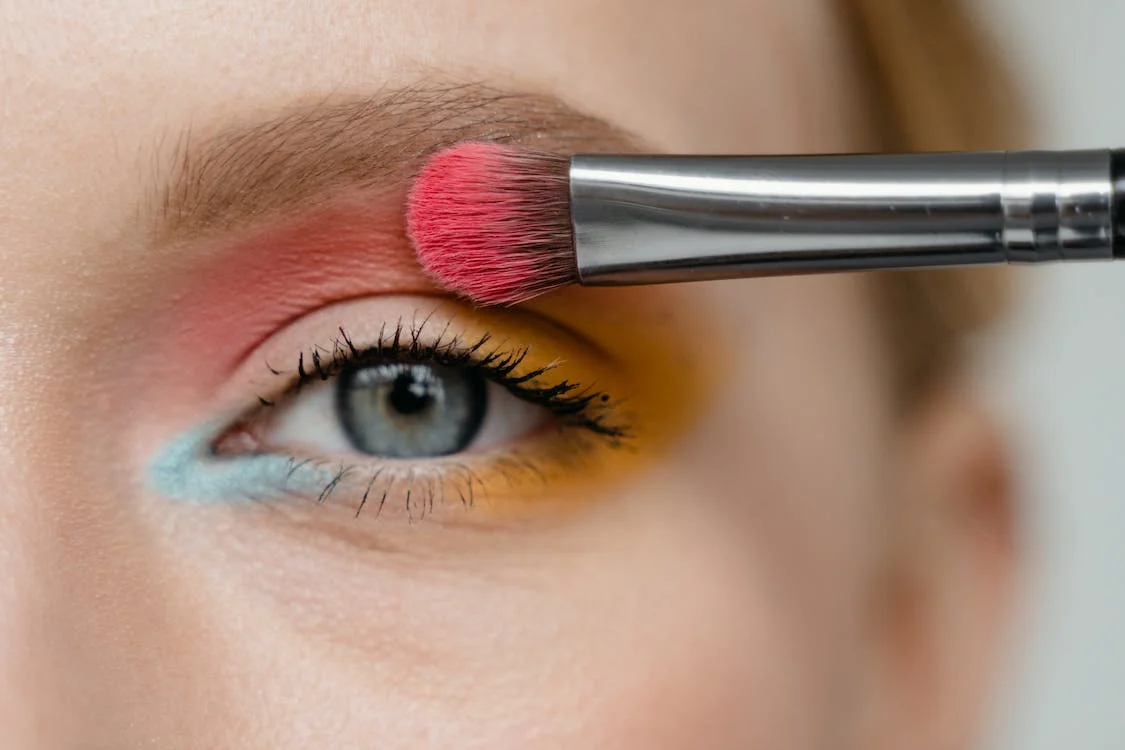Have your eyes started to burn, itch, redden, or even swell? Well, those are the symptoms of eye irritation for you. While eye irritation can be caused by a number of factors from dryness to bacteria, if the symptoms constantly heal and then come back again, then it may be caused by a reaction to your eye makeup.
Eye liner, eye shadow, and even the occasional mascara might be a potential irritant to you if you have sensitive eyes. So that just means you should stop using eye makeup altogether, right? Well, that would be one way of dealing with it, but the better alternative is to find out what is causing eye irritation and find a product without it.
Common Eye Problems Caused By Eye Makeup
If this is your first time dealing with an eye problem and you suspect it might be your eye makeup, there could be more than just allergies to blame. Common eye problems occasionally caused by eye makeup include:
- Conjunctivitis. More commonly known as pink eye, women who come down with conjunctivitis almost always have their eye makeup to blame. While eye makeup like eye liner and mascara specifically come with preservatives to prevent the growth of bacteria that will cause pink eye, they don’t always work so well. If you, for example, leave the cap off your eye liner, the preservatives wear out and your eye liner is susceptible to bacteria. This can also happen with expired makeup. However, typically this tragic irritation is caused by sharing eye makeup, which is a big no-no.
- Scratched Cornea. You might not even feel it. Just a light graze on the eye with your eye liner or mascara applicator can cause it. Your eyes may water, but you soldier on. Unfortunately, this can turn into a big problem if it gets infected.
- Allergic Reaction. If your eye irritation isn’t necessarily on the eyeball, but rather the skin around the eye, then your body is having a reaction to an ingredient in your eye makeup. Makeup is notorious for its use of chemicals and other agents that can trigger irritation, but it is important to know what the potential irritants there are.
Potential Irritants and Allergic Reaction Triggers in Eye Makeup
Mica
Mica starts out natural enough as a mineral pulled from the earth. However, it is then processed down to be used in all kinds of applications like paint, drywall, insulations, and, yes, your cosmetics. However, it is not just found in eye makeup, but it is used in lipstick and foundation as well. This means if you have widespread irritation not just on your eyes, but on your lips and skin as well, mica could be to blame.
What particularly causes the irritation is not anything toxic, but mica is known for having particularly sharp edges. This means it is not causing an allergic reaction, but rather irritating your sensitive skin with microscopic scratches. Needless to say, this can be devastating to the skin around your eyes.
If you are mica intolerant, be aware that serecite is another way of saying mica in the ingredients label.
Bismuth Oxychloride
This particular element is actually a byproduct of the copper and lead refining process, which sounds pretty bad and… Well, it is. Bismuth oxychloride is similar to arsenic, chemically speaking, which means it is toxic in large doses. In eye makeup, bismuth oxychloride is typically used as an inexpensive filler to pave in the flaws in your skin for a smooth finish.
Heavy Metals
Typically you are not going to need to worry about too many heavy metals in your makeup unless you are buying it overseas where there is virtually no regulation. However, it wasn’t long ago that arsenic and lead were put in cosmetics because they made them more vibrant, easier to apply, and allowed them to stay on longer.
You don’t need to worry about lead and arsenic these days so much as less famous heavy metals like cadmium, selenium, thallium, and beryllium, which still could be lurking in some brands.
Preservatives
Yes, preservatives in your eye makeup are there to keep it bacteria-free and easily applicable, but that doesn’t mean your eyes will like them. Everyone is different and everyone is more sensitive to different things. If you are suffering from eye irritation, keep a lookout for preservatives, stabilizers, and anti-caking agents like:
- Talc
- BHA (butylated hydroxyanisole)
- Urea
- Sulfates
- Phthalates
- Parabens
- Aluminum silicate
- Calcium silicate
- Carmine
- Iron oxide & Titanium dioxide (Used most commonly in any product with SPF protection)
Glitter
Yes, the least menacing irritant is actually often one of the peskiest. As tiny flakes of glitter can leave the applied area and get wedged in other areas like the eyeball or even the pore if it is small enough, glitter can actually cause some major irritation.

